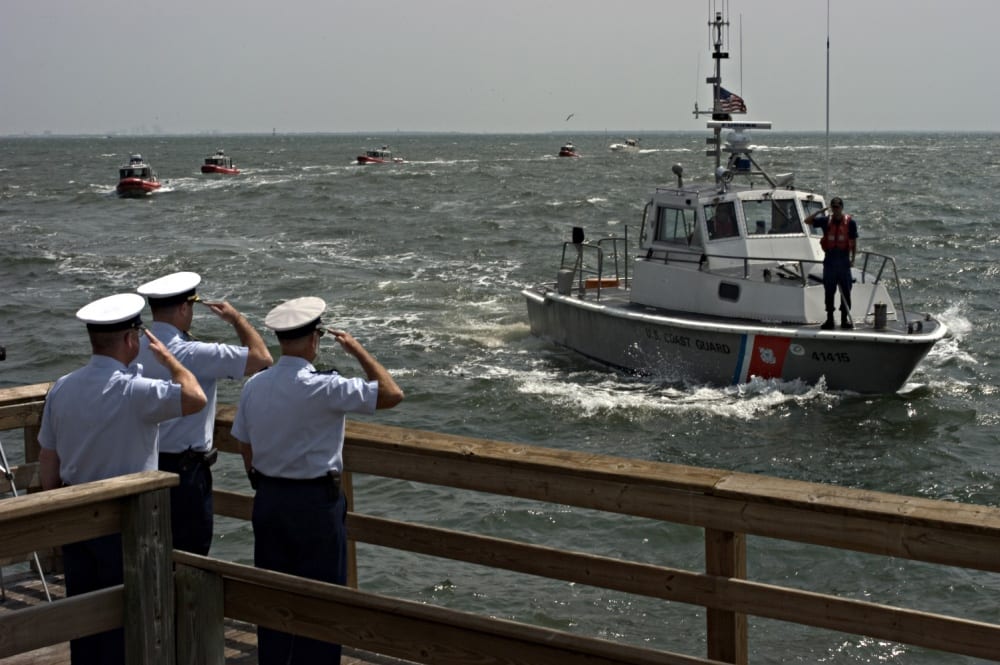Leading with Character: Mentoring Misperception #2
Mentoring—both giving and receiving—helped me achieve my career and personal goals. If done properly, avoiding the following three misperceptions, mentoring can have a positive impact all around. This week I’ll address mentoring misperception #2.
Mentoring Misperceptions
- Mentors must look like you
- Mentors must be senior to you
- A mentor will make you successful
When people think of what it means to be a mentor, they may envision a typical senior to junior relationship. Yet, if you explore a little deeper, you’ll discover superb mentors outside of the standard paradigm. Some of my best mentors were peers and subordinates.
While serving as an ensign aboard the cutter Glacier in 1982, I led a small, operational workgroup called the Combat Information Center. The group composition was nearly fifty percent African American with the leader, me, being a woman. We formed a cohesive, fully integrated team of truly diverse people who respected each other based on our knowledge, skills, and abilities.
Glacier was my first assignment upon graduating after four years at the Coast Guard Academy. I had a lot to learn. The leading petty officer Radarman Second Class Bob Washington, an African American, taught me and showed me the ropes. An extremely patient professional, he helped me learn how to lead as a new division officer. Petty Officer Washington also gave me sage advice, often sprinkled with a little humor when he could tell I needed to lighten up.
Shortly after I reported aboard, the ship deployed to Antarctica. For five months during the Operation Deep Freeze ‘83 Antarctic support mission, the division served together as a close-knit team. We trusted each other with our lives and with the safety of the ship and crew. We were the ones who, while on watch, scanned the radars for approaching ships or other hazards. We vectored the assigned helicopters away from the ship on their missions and safely back again.
It was irrelevant that we were a team of mixed races and genders. Job qualifications and performance were what mattered. We succeeded as a team in large part because the Coast Guard trained and prepared us to perform our duties. We had all earned our places through strong performance both on advancement exams and in the workplace, which fostered a positive work environment supportive of mutual respect and trust.
Bringing people who look, act, and think differently together in a workplace is hard, but the benefits are evident when the differences are leveraged to unite and strengthen, not to divide and weaken. A healthy environment of mutual respect is achieved when organizations commit to reflect and respect the full diversity of the population they serve and when individuals commit to achieve excellence.
My experience onboard Glacier taught me the value of mentoring at all levels. I learned that some of the best help can come from subordinates who are committed to the success of each individual and the entire team.
Look in the mirror. Are you seeking mentors based on what they can offer you, regardless of whether they’re a subordinate, peer, or supervisor?
Please join me again next week for more on Leading with Character.



